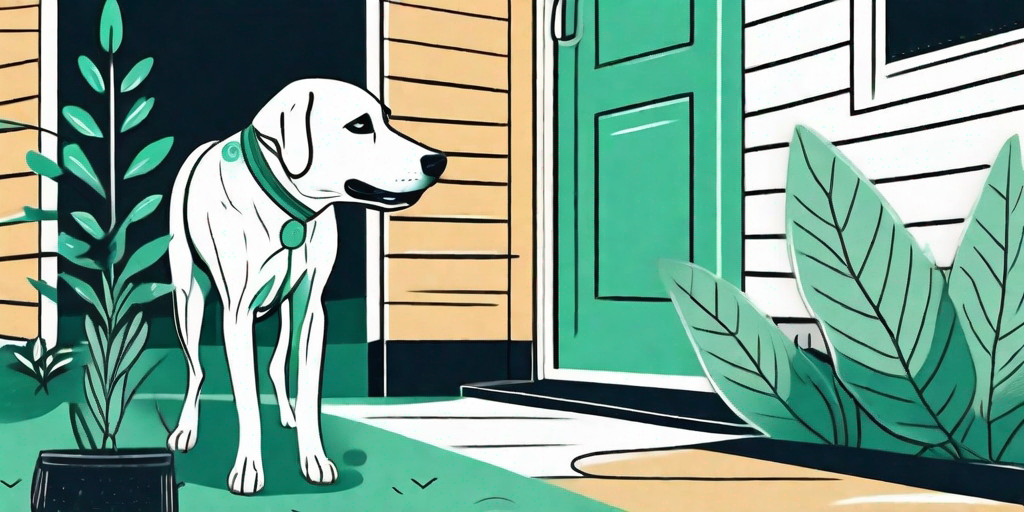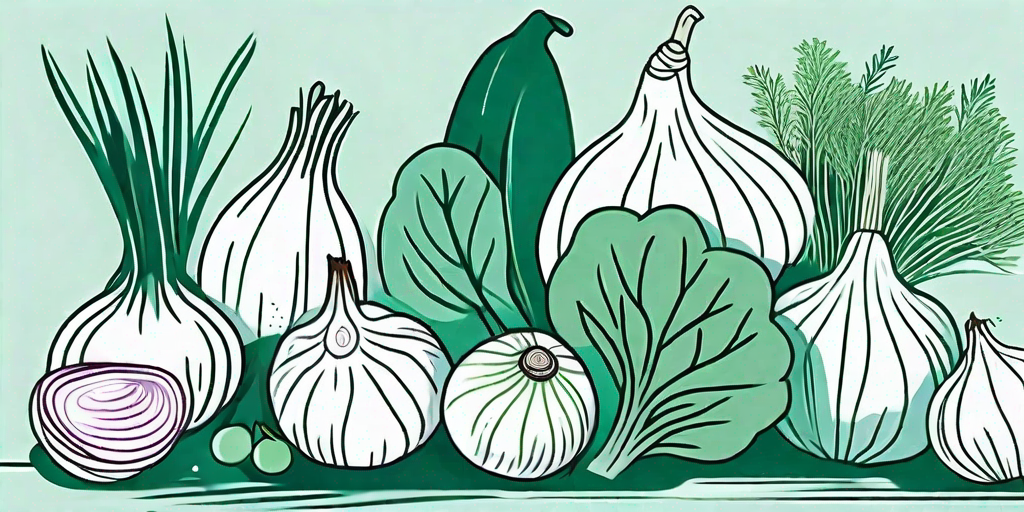
When it comes to our furry friends, we want nothing but the best for them. We want them to be happy, healthy, and most importantly, safe. But what happens when our efforts to keep them safe from pesky bugs lead us to a plant that might not be as pet-friendly as we thought? Enter the citronella plant, a popular choice for many dog owners looking to ward off insects. But is it really safe for our canine companions? Let's dig in and find out.
What is a Citronella Plant?
First things first, let's get to know this plant a little better. The citronella plant, also known as the mosquito plant, is a member of the geranium family. It's known for its strong, lemony scent which is believed to repel mosquitoes and other insects. Sounds great, right? But hold your horses, we're just getting started.
Despite its name, the citronella plant doesn't actually produce citronella oil, the active ingredient in many mosquito repellents. Instead, it gives off a similar scent that can confuse and deter insects. So, while it might not be as effective as we'd like, it's still a popular choice for many gardeners and pet owners.
Is the Citronella Plant Safe for Dogs?
Now, onto the million-dollar question: is the citronella plant safe for dogs? The short answer is yes, but with a few caveats. While the citronella plant itself isn't toxic to dogs, the oil produced by the plant can be.
If your dog ingests a large amount of citronella oil, it can lead to gastrointestinal upset, including vomiting and diarrhea. In rare cases, it can also cause skin irritation if your dog comes into direct contact with the oil. However, these instances are rare and generally only occur if your dog has a sensitivity or allergy to the plant.
Signs of Citronella Oil Poisoning in Dogs
If your dog has ingested citronella oil, there are a few signs to look out for. These include excessive drooling, loss of appetite, and difficulty breathing. If you notice any of these symptoms, it's important to contact your vet immediately.
Remember, prevention is better than cure. If you have a citronella plant in your garden, make sure it's out of reach of your furry friend. And if you're using citronella oil as a bug repellent, make sure to keep it stored safely away from your pup.
Alternatives to Citronella Plants for Bug Repellent
If you're worried about the potential risks of citronella plants, don't fret. There are plenty of other pet-friendly plants that can help keep bugs at bay.
Some of these include basil, lavender, and lemongrass. Not only are these plants safe for dogs, but they're also effective at repelling insects. Plus, they can add a touch of color and fragrance to your garden.
How to Use These Plants as Bug Repellents
Using these plants as bug repellents is as easy as pie. Simply plant them in your garden or in pots around your patio. The scent of these plants will help deter insects, keeping both you and your pup bug-free.
Remember, while these plants are safe for dogs, it's still important to monitor your pup around them. If your dog has a tendency to chew on plants, make sure to keep these out of reach.
FAQs
Can citronella plants harm dogs?
While the citronella plant itself isn't harmful to dogs, the oil it produces can be if ingested in large amounts. It's best to keep these plants out of reach of your pup.
What other plants can repel bugs?
Other pet-friendly plants that can repel bugs include basil, lavender, and lemongrass.
How can I use these plants as bug repellents?
Simply plant them in your garden or in pots around your patio. The scent of these plants will help deter insects.
Conclusion
When it comes to keeping your pup safe and bug-free, it's important to do your research. While the citronella plant can help deter insects, it's not without its risks. Always monitor your pup around these plants and consider alternatives like basil, lavender, and lemongrass.
Remember, our furry friends rely on us to keep them safe. So let's do our best to create a pet-friendly environment that's free of bugs and full of tail wags.











